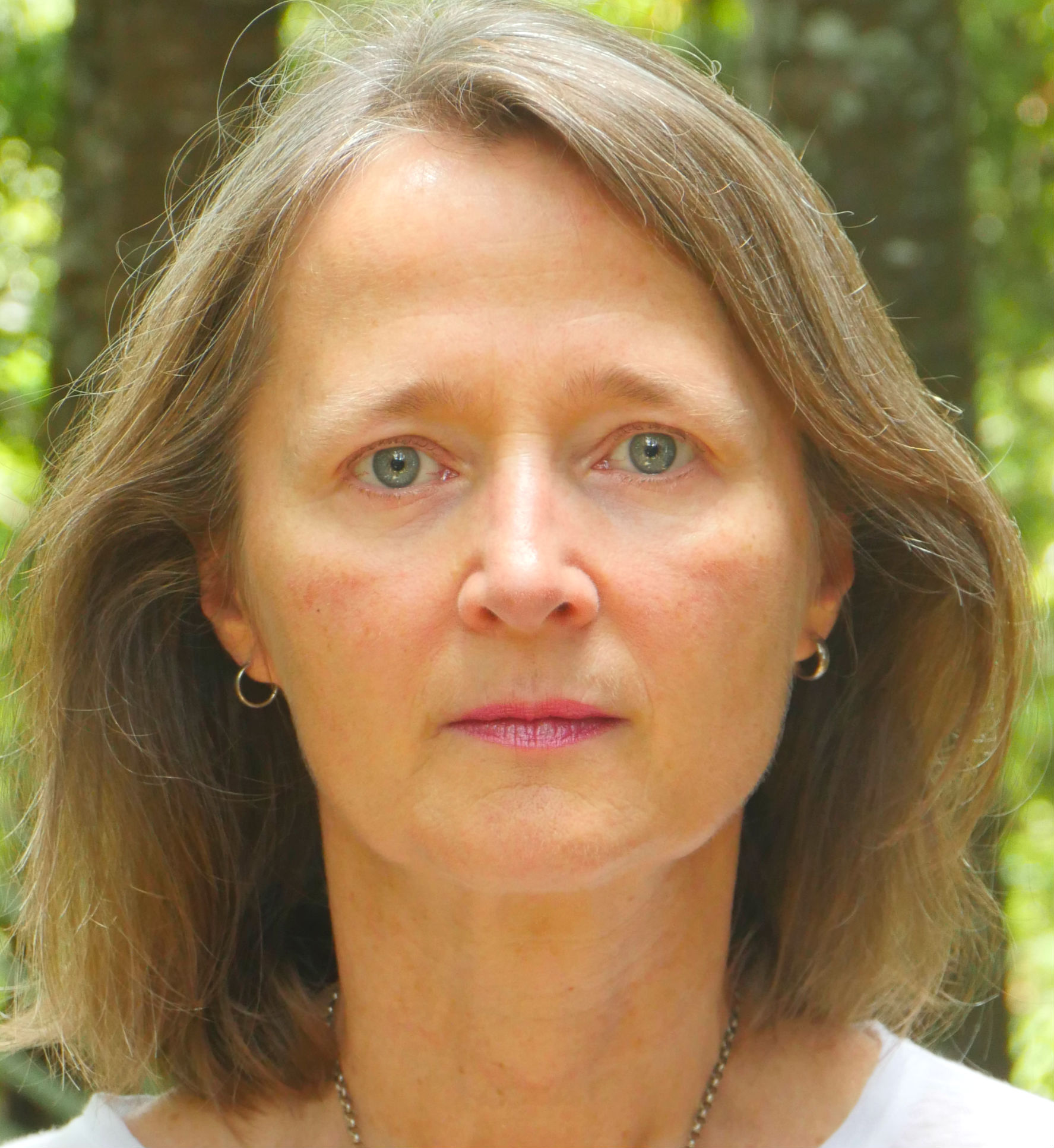 |
| S. Ramsay |
"Here” is the finished literary article, story, or as in the case of Stephen Ramsay's essay "The Hermeneutics of Screwing Around" (2010), the research--the incentive to search. Ramsay mentions two ways to get here, the first being "some coherent, authoritative path through what is known" (1), and the second, screwing around browsing the web while letting the mind hop connected neuronal link (web page) to neuronal link (web page) to some kind of hyper-realization that this is what I've been looking for. One is pragmatic while the other is anarchic. Each has its benefits. I remember Derrida saying something like (air quotes) he believes formal education is necessary but should be forgotten (air quotes). What I'm getting at is that we need a pragmatic way to establish a base from which to launch our missiles of individuality. The conformity to standards "'a science, a method, a research, a pedagogy'" gives us a way to as the author says, to "understand each path through the vast archive as an important moment in the world's duration--as an invitation to community, relationships, and play" (Ramsay 2010, 9). These "paths" are themes and genres, possibly obscure, but connected streams of information that pass through territories of research materials to supply the common elements and minerals of our analyses. It is the job of [
Topic modeling] in the Digital Humanities to first comprise an archive of texts (corpus) and then connect the paths into a map of the topic model to see which themes (topics) we are interested in. With a base built from the topic modeler we have a choice and freedom to go wherever our individuality takes us. Nonetheless, this still leaves us with the aesthetic issue of human creativity which some think may be lost through topic modeling.
 |
| S. Marche |
Unlike Stephen Marche's essay "Literature Is not Data: Against Digital Humanities" (2012) wherein the author claims that "Literature cannot meaningfully be treated as data," I find the connections in the data that Digital Humanities provides to be of prime importance. Only after reading Lisa Samuels and Jerome McGann's essay "Deformance and Interpretation" (1999), a kind of precursor to Digital Humanities did I feel that I had a somewhat scientific knowledge of what poetry is--that sensation of something more, beyond the hint that language is capable of. In their treatment of poetry the author's state:
 |
| L. Samuels |
 |
| J. McGann |
It can be the sound the syllable makes in the spoken version of its written production—the life of its print, the sign of the imperative that the marks of printed language are only one part of a language event also spoken. The syllable of a syllable can also be the letters which are the smallest units of any syllable, the shifting territory between and alongside phonemes and morphemes, as well as phonemes and morphemes themselves. It can also be the idea of the syllable, the Platonic syllable’s “signified.” Stevens’s phrase, as we grope to explain it, to paraphrase it, emerges as an image of something we do not know. The insight into the aesthetic value of the results produced by Digital Humanities never leaves the mind of the researcher. Through "technical" deformance of poems, we as literary students gain a better knowledge of literary forms.
 |
| S. Selisker |
 |
| H. S. Syme |
The two critiques of Marche’s essay by Scott Selisker, “The Digital Humanities?,” and Holger Schott Syme, “Imaginary Targets” explain in detail the logical problems with the essay and go on to talk about how Digital Humanities helps solve “literary--historical problems.” To me, Digital Humanities treats data as “facts and statistics collected together for reference or analysis;” collected from texts, as information, as elements--tokens--words separated by spaces,--drawn from digital streams of 1s and 0s to allow us to search at the periphery of what “emerges as an image of something we do not know:” DH allows us to study how meaning manifests and to further examine the reason, as Marche puts it, “why words seem to mean so much more than they mean.” “What Happens When an Algorithm Helps Write Science Fiction” (2017) by Stephen Marche documents an attempt to write a story with words that mean more than they mean. Contrary to the author’s implied claim five years earlier that DH algorithms can’t achieve the status as producer of aesthetic value, within this essay he states he is searching for a “technology that can make [him] better at [his] job [as a writer of science fiction]”--a Digital Humanities technology. And further, he takes his editor’s comment of “‘the fact that it’s [the story written with such technology by him] not that bad is kind of remarkable,’’’ as a compliment.
Obviously, the author had a change of heart after more closely working with Digital Humanities. I think this is what happens to most literary scholars when they delve into DH. First, they have an aversion to it because of the technical barriers, and then they see that the secret they sought in the humanities might be better detailed by using Digital Humanities. Then, they find they are "here," on a map, at the front advocating for Digital Humanities.
Bibliography
| . |
Samuels, Lisa, and Jerome J. McGann. “Deformance and Interpretation.” New Literary History, vol. 30, no. 1, Feb. 1999, pp. 25–56. Project MUSE, doi:10.1353/nlh.1999.0010.
|






No comments:
Post a Comment